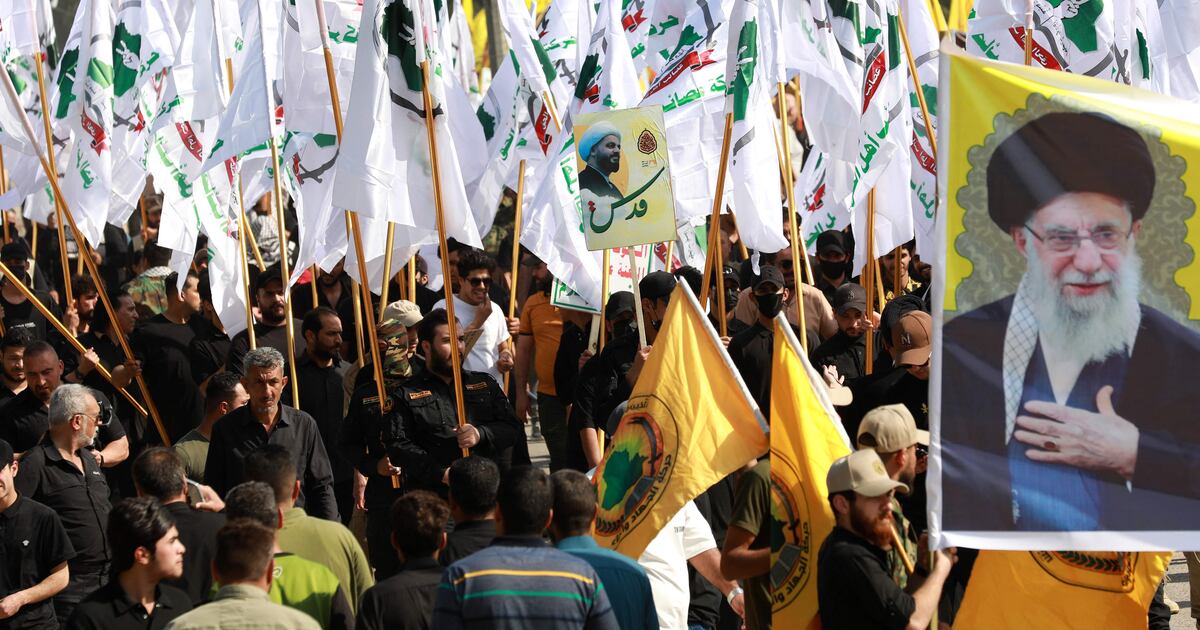Iraq's Democratic Evolution: How Israel-Iran Tensions Reveal Shifting Power Away from Militant Groups
A surprising development in Middle Eastern politics shows Iraq maintaining neutrality during recent Israel-Iran tensions, challenging long-held assumptions about Iranian proxy control. This shift signals a potential transformation in Iraqi democracy, with moderate voices gaining strength over militant factions.

Baghdad's changing skyline featuring both traditional architecture and modern educational institutions, symbolizing Iraq's evolving political landscape
Iraq's Political Landscape Shows Signs of Democratic Resilience
In an unexpected turn of events since October 2023, Iraq has demonstrated remarkable restraint amid regional tensions between Israel and Iran, challenging conventional wisdom about Iranian influence in the country's political sphere.
The Changing Role of Popular Mobilization Forces
The Popular Mobilization Forces (PMF), originally established to combat ISIS in 2014, have historically wielded significant political and paramilitary influence in Iraq. However, their recent inaction during the Israel-Iran conflict suggests a notable shift in the country's power dynamics.
"Iraq has lost its monolithic status and has become a more complicated society. The PMF may have been pushing a specific political line, but much of the state and society have had little to no interest in being involved in regional struggles of any kind."
Signs of Democratic Progress
Modern Iraq presents a study in contrasts. While PMF-affiliated imagery dominates certain areas, symbols of progressive development are equally visible, including:
- The thriving American University of Baghdad campus
- Proliferation of English business schools
- Growing presence of educational institutions
Implications for Democratic Development
The PMF's notable absence from recent regional conflicts carries significant implications for Iraq's democratic evolution:
- Moderate political voices gaining confidence
- Reduced deference to Tehran in domestic affairs
- Potential shift toward non-confrontational politics
Future Challenges and Opportunities
While this transformation suggests positive democratic development, Iraq still faces significant challenges. The political system remains fragmented, and the shift away from militant influence may be gradual rather than revolutionary.
However, this evolution represents an important step toward more independent and potentially more democratic governance, even if immediate practical improvements for ordinary Iraqis remain uncertain.
